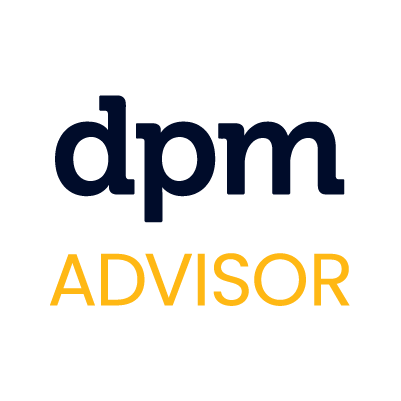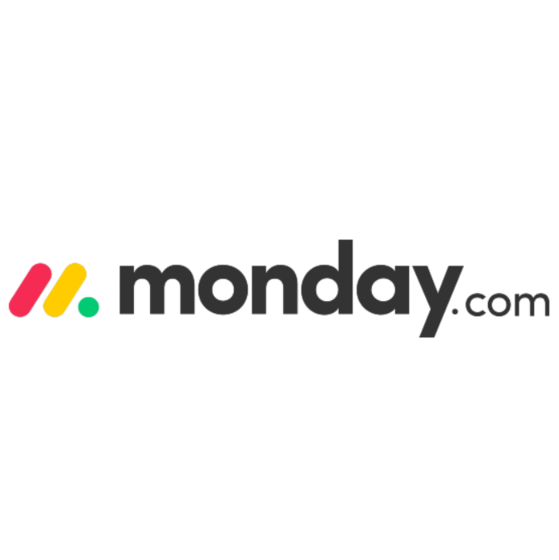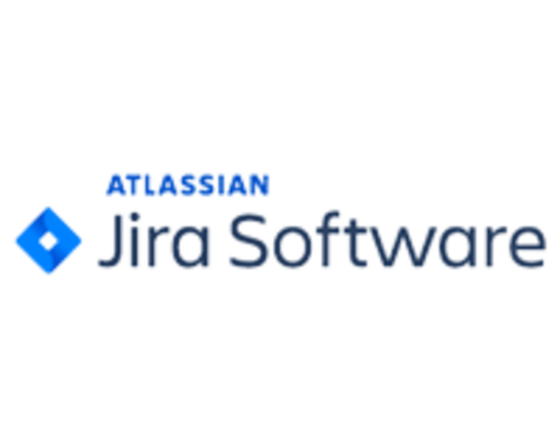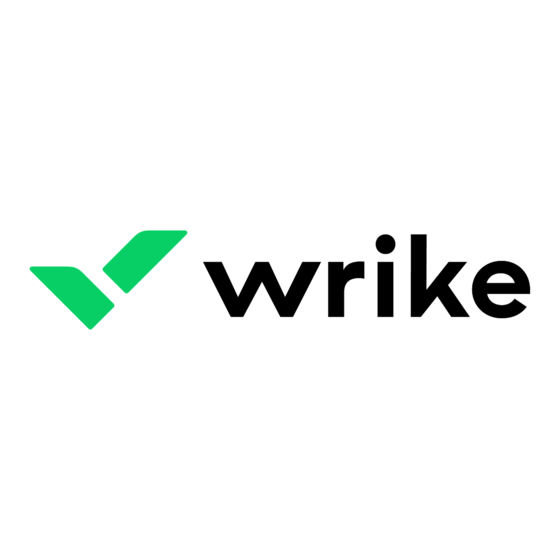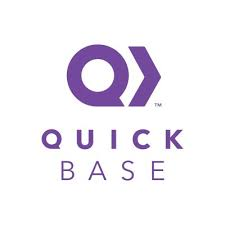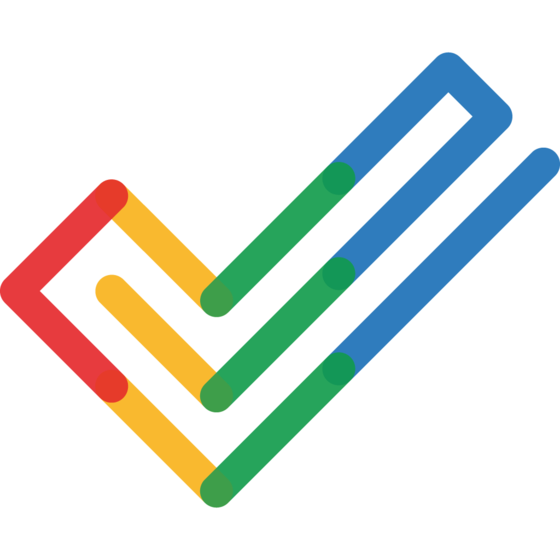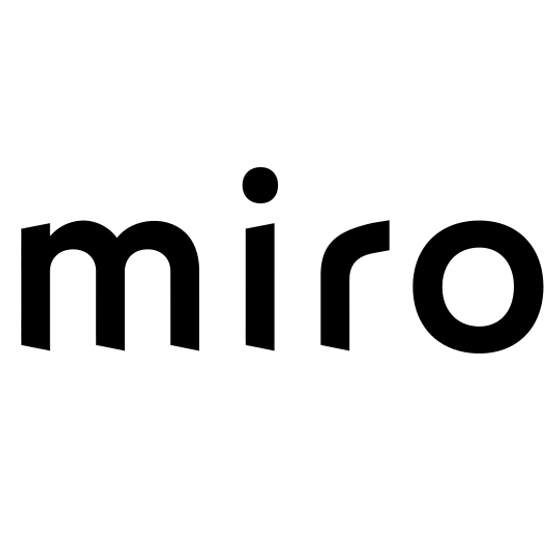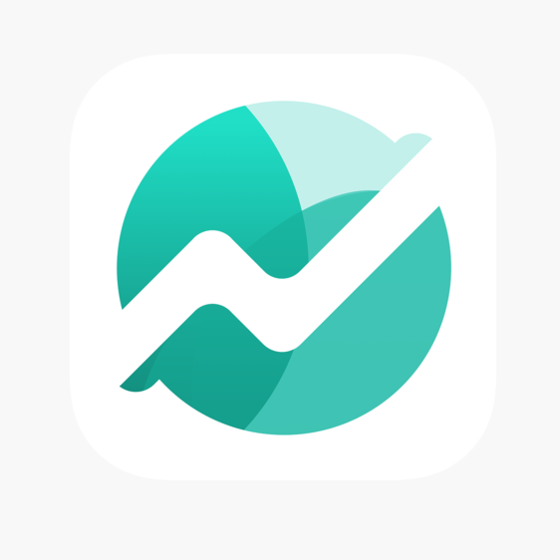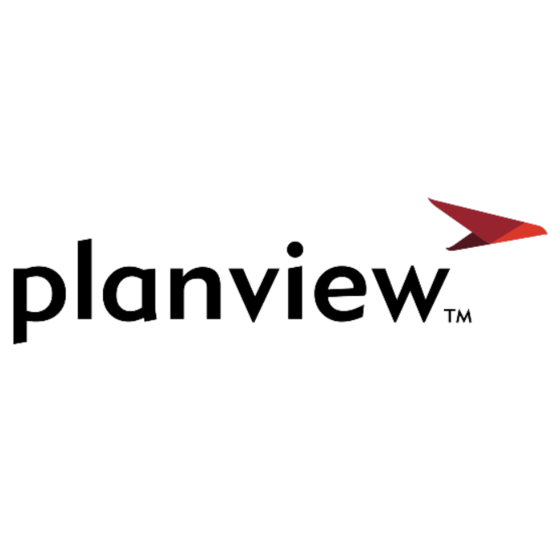10 Best Enterprise Project Management Software Shortlist
Here's my pick of the 10 best software from the 20 tools reviewed.
Get free help from our project management software advisors to find your match.
There are seemingly countless enterprise project management software solutions available, so figuring out which is best for you is tough. You’re running multiple projects simultaneously on a large scale, managing both project-level details and tracking groups of projects so they align with company-level objectives. I've got you! In this post I make things simple, leveraging my experience managing big, complex projects, and using dozens of different PM tools to bring you this shortlist of the best enterprise project management software.
Why Trust Our Enterprise Project Management Software Reviews
We’ve been testing and reviewing enterprise project management software since 2012. As project managers ourselves, we know how critical and difficult it is to make the right decision when selecting software.
We invest in deep research to help our audience make better software purchasing decisions. We’ve tested more than 2,000 tools for different Project Management use cases and written over 1,000 comprehensive software reviews. Learn how we stay transparent & our enterprise project management software review methodology.
The Best Enterprise Project Management Software Platforms Summary Chart
Here is a convenient table where you can compare all the tools we just covered. If you need more help selecting tools, remember we have a free service that can help you narrow down your search.
| Tools | Price | |
|---|---|---|
| Wrike | From $9.80/user/month | Website |
| monday.com | From $8/user/month (billed annually, min 3 seats) | Website |
| Celoxis | Starts at $25/mo for cloud. Contact sales for on-premise quotes. | Website |
| QuickBase | From $600/month (billed annually), which equates to $25/user/month with a minimum requirement of 20 users. This is for the Team plan, which includes core features suitable for smaller teams. For larger organizations or those needing advanced features, QuickBase offers higher-tier plans, and pricing for these can be obtained upon request. | Website |
| Zoho Projects | From $5/user/month (billed annually). | Website |
| Miro | From $10/user/month | Website |
| Nifty | Pricing plan from $39/month (min 5 seats). | Website |
| Planview Clarizen | Pricing upon request | Website |
| LiquidPlanner | From $15/user/month (billed annually) | Website |
| Easy Projects | From $24/user/month | Website |
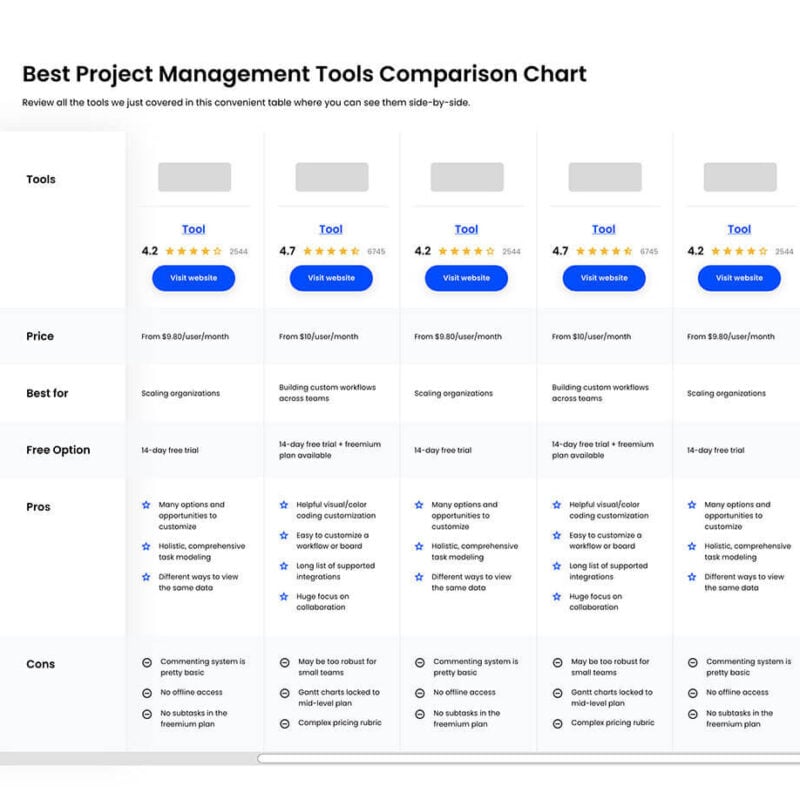
Compare Software Specs Side by Side
Use our comparison chart to review and evaluate software specs side-by-side.
Compare SoftwareHow To Choose Enterprise Project Management Software
With so many different enterprise project management software solutions available, it can be challenging to make decisions on what enterprise project management software is going to be the best fit for your needs.
As you're shortlisting, trialing, and selecting enterprise project management software consider the following:
- What problem are you trying to solve - Start by identifying the enterprise project management software feature gap you're trying to fill to clarify the features and functionality the enterprise project management software needs to provide.
- Who will need to use it - To evaluate cost and requirements, consider who'll be using the software and how many licenses you'll need. You'll need to evaluate if it'll just be the project team, or the whole organization that will require access. When that's clear, it's worth considering if you're prioritizing ease of use for all, or speed for your enterprise project management software power users.
- What other tools it needs to work with - Clarify what tools you're replacing, what tools are staying, and the tools you'll need to integrate with, such as accounting, CRM or HR software. You'll need to decide if the tools will need to integrate together, or alternatively, if you can replace multiple tools with one consolidated enterprise project management software.
- What outcomes are important - Consider the result that the software needs to deliver to be considered a success. Consider what capability you want to gain, or what you want to improve, and how you will be measuring success. For example, an outcome could be the ability to get greater visibility into performance. You could compare enterprise project management software features until you’re blue in the face but if you aren’t thinking about the outcomes you want to drive, you could be wasting a lot of valuable time.
- How it would work within your organization - Consider the software selection alongside your workflows and delivery methodology. Evaluate what's working well, and the areas that are causing issues that need to be addressed. Remember every business is different — don’t assume that because a tool is popular that it'll work in your organization.
Best Enterprise Project Management Software Reviews
Here are the detailed descriptions for each tool so you can tell them apart and pick the right one for your needs.
Wrike is an award-winning enterprise project management software suitable for teams of five or more. It is highly configurable and allows users to customize workflows, dashboards, reports, and request forms.
Why I picked Wrike: Its simple interface enables users to switch between Kanban boards, interactive drag-and-drop Gantt charts, and traditional workload views when visualizing priorities. Wrike features integrations with customer management solutions and sales lead tools, and it offers an unlimited number of users, to ensure it covers your employee capacity monitoring. Make sure users are aligned with company goals using intuitive business portfolio management, reports, resource management, and more.
Wrike’s features can be configured for each individual team’s needs, and the tool offers a variety of different yet specific solutions depending on the type of team or organization, including solutions for marketing teams and professional service teams. Users also have access to a variety of templates for common organizational processes.
Wrike Standout Features & Integrations
Features include project management, task scheduling/tracking, resource management, expense tracking, API, budgeting, Gantt charts, marketing automations, collaboration support, and reporting.
Integrations include 400+ pre-built native integrations, including the most popular file management software from Microsoft, Google, and Dropbox, along with sales and marketing software from Salesforce and Marketo.
monday.com is a work management platform with specialized support and services for enterprise teams who need additional security services.
Why I picked monday.com: With the exception of financial features, this tool has everything you would expect from a project management platform, such as task management, resource management, time tracking, collaboration tools, and reporting. On top of that, there is a big jump in benefits once you go for an enterprise plan.
Among the benefits are premium integrations with CRM and ERP software, a 99.9% uptime SLA, more granular administration settings where you can access audit logs and session management, and advanced reporting that includes pivot analysis and work performance insights.
monday.com Standout Features & Integrations
Features include SCIM provisioning that you can link to your identity provider and an automation that sends you dashboards directly to your email. However, my favorite is monday.com's panic mode. This feature will let you completely lock down your account if you suspect that a user's credentials have been compromised.
Integrations include other productivity apps like Slack, Google Drive, Gmail, Google Calendar, Jira, GitHub, Trello, Dropbox, and Typeform. Additionally, you can access over a thousand extra apps using a paid account with Zapier.
Celoxis is a comprehensive, web-based platform for project portfolio management and work collaboration. Celoxis supports geographically distributed project teams working in different timezones, and helps teams account for part-time resources, unavoidable absences, interim resource swaps, and inter-project dependencies.
Celoxis includes real world project schedules and powerful interactive Gantt charts. The tool also allows team members to view tasks and to dos, report bugs, manage tickets, or track time. Powerful collaboration features include project discussions, @mention comments, file sharing, document version control, and activity stream.
The tool also provides a single source of truth for executives through a real-time project tracker, resource availability and utilization features, timesheets, project finances, risks, issues, and to-dos. Celoxis also comes with powerful analytical capabilities and rich and interactive charts for project data. Organizations can leverage their built-in best practice reports and dashboards to gather 360-degree real-time insights around project health, tracking actuals vs estimates, team utilization and profit margins. The tool has a custom field library including formula fields, so users can track all financial KPIs such as NPV.
Celoxis is available as a SaaS or on-premise. The SaaS costs $25/user/month, and the on-premise custom pricing is provided upon request. Both require a minimum 5-user sign-up and come with a 30-day free trial.
QuickBase is a project management tool that can help large-scale organizations create consistency in their business processes by designing and automating code-free applications.
Why I picked QuickBase: The flexibility and versatility of this product earned it its spot on my list. You can build virtually any type of business application with the simple, no-code builder. This is a great way to map out your workflows, establishing standardized best practices and in turn ensuring compliance across teams and departments.
Beyond mapping out your workflows as applications, you can also streamline how work gets done through automation. The builder can also be used to set up integrations for data syncing and reporting. By automating key aspects of your business processes, you can both reduce manual work for your team and also alleviate the risk of manual error.
QuickBase Standout Features & Integrations
Features include templated apps and app components available in the system. You can either select from 'starter apps' that are ready to go, or pull together various 'component's to build your own. This is super helpful for getting your applications up and running quickly.
Integrations include Outlook, Microsoft Teams, Google Workspace, Slack, Box, Dropbox, OneDrive, Trello, Asana, Jira, Zendesk, and Docusign, among others.
Zoho Projects is a cloud-based platform that offers basic project management tools as well as enterprise-level project management solutions.
Why I picked Zoho Projects: The platform provides project teams with a scalable web-based collaborative work environment. It's equipped with functionalities like time and resource allocation, task workflow automation, issue tracking, task management, Gantt and Kanban views, and customizable reporting tools. Zoho Projects also has a fully integrated timesheet and a social feed that is derived from popular social networking platforms.
Zoho Projects offers a bug tracking module that’s tailored for software development projects and it integrates seamlessly with other Zoho software products, including Zoho CRM. Zoho’s enterprise project management (EPM) software comes with robust user access management that allows project managers to define role-based user access privileges. This will help strengthen security and prevent potentially harmful breaches.
The EPM software also provides stronger data security by offering password protection for imported and exported reports, thus preventing any unauthorized access to sensitive data. With Zoho EPM software, data that is stored or shared is fully encrypted while at rest or in transit to prevent data leaks and fight off potential attacks.
Zoho Projects Standout Features & Integrations
Features include compliance automation through pre-defined workflows. It enables users to easily automate manual tasks that are recurring or repetitive. In addition, they can also automate recurring notifications. This will help ensure that there are no redundancies and preventable errors.
Integrations. Being part of Zoho’s ecosystem allows Projects to connect to several of Zoho’s own services such as Zoho Books, Zoho CRM, and Zoho’s finance suite. The new Zoho marketplace allows 3rd party integrations as well.
Miro is a visual collaboration tool that provides a platform for teams to work together on projects and processes through visual elements. It stands out for its global collaboration capabilities, enabling users from different locations to innovate and create together effectively.
Why I picked Miro: I chose Miro because it offers a comprehensive visual workspace that supports a wide range of activities such as process mapping, retrospectives, mind mapping, and product planning. Its ability to facilitate visual collaboration on a global scale is particularly compelling, as it integrates with popular task management tools and provides enterprise-grade security, ensuring that sensitive data is protected.
Miro Standout Features and Integrations
Features include real-time collaboration tools, such as sticky notes and comments, an infinite canvas, custom frames and shapes, presentation mode, TalkTrack to record process explanation videos, Miro Assist AI, document and image embedding, voting and polling features, mind mapping tools, screen sharing, timeline and roadmap planning, access control and permissions management.
Integrations include Zoom, Figma, Asana, Microsoft Teams, Jira, Slack, Monday.com, Confluence, Google Drive, Box, Airtable, Notion, Azure, and Webex. Some integrations are limited to paid plans only.
Nifty can automate project updates and resource insights and allows team members to track project milestones, communicate with teammates and clients, and create collaborative documents. Maintain organizational oversight with the project home dashboard featuring overviews of projects and teammates, and enable direct project communication with the individual and project-specific discussion threads.
Nifty is robust enough to manage development sprints while remaining adaptable to a variety of project workflows. A cross-organizational project overview tab provides insights into everything from high-level timelines to task-level deep-dive analyses of projects. Nifty also has a responsive, creative help center that you can collaborate with to ensure you're getting the most out of the platform.
Nifty allows users to import data from Asana, Basecamp, ClickUp, and Trello, and has native integrations with Slack, Zoom, GitHub, Dropbox, Google Drive, and Google Calendar, while its Zapier integration connects Nifty with over 1000 additional apps.
Pricing starts at $39/month.
Planview AdaptiveWork supports different workstyles and hybrid methodologies across the enterprise with features like full reporting, an intuitive interface, real-time data aggregation, automated workflows, aligned communications, and an always-on virtual initiative space.
Integrations include Zendesk, AWS, SharePoint, Servicenow, Jira, Google Drive, Salesforce, Box, Netsuite, Excel, Oracle, Tableau, SAP, Slack, Procore, Ziflow, Microsoft Teams, and McAfee.
Planview AdaptiveWork is great for enterprises because: Enterprises typically have to answer to C-Suites and AdaptiveWork tailors a whole segment of their tool to ensure that this process is easy and automatic with quick data visualizations and easy collaboration points.
Planview AdaptiveWork is great for mid-sized businesses because it really puts a focus on marketing by centralizing digital proofing and approvals. Connect formerly siloed teams and groups to coordinate efforts across the company and beyond.
Pricing is available upon request.
LiquidPlanner is a dynamic project management software that adapts to change automatically as your team logs progress, as priorities shift, and as resources change. Project schedules in LiquidPlanner sync to real-time changes quickly to prevent bottlenecks and backtracking.
Integrations include Google Drive, Dropbox, Box; plus, the LiquidPlanner API, which connects you to the tools you use on a daily basis; and hundreds of more third-party app options via Zapier.
LiquidPlanner is great for enterprises because: Their resource management tools have the kind of depth and breadth that enterprises need in order to prevent under-the-radar resource waste. The tool can also help you scan a database of employees to quickly check availability.
LiquidPlanner is great for mid-sized businesses because: LiquidPlanner is hyper-focused on relieving the aches and pains of uncertainty and change during a project’s process. Mid-sized teams will appreciate the low-risk, high-reward approach.
LiquidPlanner starts at $45/user/month (with a minimum of 5 users) and has a free 14-day trial.
Easy Projects is an enterprise project management software intended for planning and delivering on projects with varying complexity levels, including simple tasks and in-depth projects that involve multiple departments.
Easy Projects’ advanced reporting and business intelligence features help both project managers and executives present and analyze large amounts of data in interactive reports and dashboards. In addition, resource loading reports provide a quick and easy way to visualize current and expected resource use so bottlenecks can be avoided.
Advanced capabilities include Enterprise Grade Security, flexible deployment options, and Machine Learning project forecasting. Easy Projects also enables communication and collaboration between executives, project managers, stakeholders, and other team members.
Easy Projects offers a wide variety of native integrations, additional integrations through Zapier, and a RESTful API.
Easy Projects offers pricing upon request and a free 14-day trial.
Pros and cons
Pros:
- Powerful filters and multiple views for projects
- Highly customizable to user workflow
- Useful library of project templates
Cons:
- Less suitable for smaller businesses
- Overwhelming number of notifications
- Steep learning curve when it comes to onboarding
Other Enterprise Project Management Software
Here are a few more that didn’t make the top list but are worth your consideration.
- Sciforma
Best for strategic portfolio management
- ITM Platform
Best enterprise project management software for controlling project financials
- Project Insight
Best for healthcare enterprises & services
- Genius Project
Best enterprise project management software for mid-sized businesses
- Moovila
Best enterprise project management software for project scoring features
- Planview AgilePlace
Best process change management tool
- Deltek Vision
Best for its scalable scheduling, and risk evaluation.
- Rocketlane
Best client portals for enterprise-grade projects
- ClickUp
Best for security features
- MeisterTask
Best for brainstorming, ideation, and task management in one
Related Project Management Software Reviews
If you still haven't found what you're looking for here, check out these other project management tool reviews we've curated for you:
- Project Management Software
- Resource Management Software
- Workflow Automation Software
- Time Tracking Software
- Task Management Software
- Collaboration Tools
Watch our take on the best enterprise tools:
Selection Criteria For Enterprise Project Management Software
In selecting enterprise project management software, I prioritize functionality and the ability to meet specific use cases that are most crucial for the software buyer. Through extensive personal trial and research, I've developed a set of criteria designed to evaluate software based on its features, usability, customer support, and overall value, ensuring it aligns with buyer needs, pain points, and goals for comprehensive project management.
Core Enterprise Project Management Software Functionality (25% of final scoring): Common features for enterprise project management software typically include task and project management, collaboration tools, time tracking, resource allocation, Gantt charts, risk management, reporting and analytics, customizable dashboards, document sharing, and integration capabilities. To be considered for inclusion on my list of the best enterprise project management software, the solution had to support the ability to fulfill common use cases:
- Centralized project tracking and management
- Real-time collaboration across geographically dispersed teams
- Detailed resource planning and optimization
- Risk identification and mitigation strategies
- Comprehensive reporting and analytics for decision-making
Additional Standout Features (25% of final scoring): Identifying unique features and functionality not offered by the competition is essential in distinguishing the best tools. I look for:
- Advanced security measures like encryption and two-factor authentication
- Innovative AI-driven analytics for project forecasting
- Customizable AI chatbots for project updates and alerts
- Integration with newer technologies such as blockchain for secure document management
- Unique collaboration features like virtual reality meeting spaces
These features indicate a tool's commitment to leveraging new and innovative solutions to enhance project management capabilities.
Usability (10% of final scoring): Usability is a critical factor, as it directly impacts user adoption and satisfaction. I evaluate:
- Intuitive interfaces, such as drag-and-drop scheduling tools
- Clear and concise navigation menus
- Accessibility features for users with disabilities
- Mobile app availability and functionality for on-the-go access
- Customizable views that cater to different user preferences
Onboarding (10% of final scoring): Efficient onboarding processes ensure quick and effective software adoption. I assess:
- Comprehensive training materials, including video tutorials and user manuals
- Interactive product tours and demo projects for hands-on learning
- Availability of dedicated customer success managers for personalized onboarding
- Community forums and user groups for peer support
Customer Support (10% of final scoring): Robust customer support is vital for resolving issues promptly. Criteria include:
- 24/7 live chat support
- Availability of phone and email support
- Detailed knowledge base and FAQ sections
- Fast response times and proactive customer service
Value For Money (10% of final scoring): Evaluating a product's pricing involves comparing it against its features, scalability, and competitors. Considerations are:
- Transparent pricing models
- Tiered pricing plans that cater to different sizes and types of organizations
- Free trials or demos to test the software before purchase
- Discounts for annual subscriptions or non-profit organizations
Customer Reviews (10% of final scoring): Customer feedback provides insights into real-world software performance and satisfaction. I look for:
- High ratings in user satisfaction and ease of use
- Positive testimonials regarding specific features or benefits
- Feedback on software reliability and customer support quality
- Reviews from organizations of similar size or industry
This criteria framework guides my recommendations, ensuring that selected enterprise project management software meets the comprehensive needs of modern organizations for project oversight, resource management, and team collaboration.
Trends In Enterprise Project Management Software For 2024
With project managers seeking solutions that cater to the evolving needs of global teams and complex projects, the latest updates and features from leading tools highlight several key trends.
- Enhanced Security and Compliance: Software like monday.com has placed a strong emphasis on security features, such as SCIM provisioning and panic modes for account lockdowns in case of compromised credentials, indicating a trend towards heightened security and compliance measures.
- Customizable Workflows and Dynamic Scheduling: Tools like Wrike and LiquidPlanner offer highly customizable workflows and dynamic project scheduling, adapting to changing circumstances and allowing for real-time adjustments, which caters to the need for flexibility in project planning and execution.
- Advanced Resource and Time Management: Features focusing on resource allocation, time tracking, and optimization, as highlighted by Wrike, suggest a trend towards sophisticated resource and time management functionalities to ensure efficient project execution.
As the market evolves, project managers should seek out solutions that not only offer comprehensive project oversight but also adapt to the changing dynamics of global teams and projects.
What Is Enterprise Project Management Software?
Enterprise project management software is a tool used by large organizations to handle complex projects. It helps in planning, organizing, and managing resources to achieve specific goals and meet success criteria at a specified time. This software usually includes features for scheduling, task assignment, budget management, resource allocation, collaboration, and documentation.
Project management tools are helpful for keeping big projects on track and ensuring teams work effectively together, regardless of their location. This kind of software is especially important in large companies where coordinating many tasks and people is a challenging job.
Features Of Enterprise Project Management Software
Selecting the right enterprise project management software is critical for ensuring the successful planning, execution, and monitoring of projects. Here, I'll outline the most important features to look for.
- Real-time Collaboration Tools: Essential for enabling team members to communicate and work together effectively, regardless of their location. This feature supports a unified platform for discussions, document sharing, and updates, fostering a cohesive project environment.
- Customizable Dashboards and Reports: Allows for the tailoring of project monitoring tools to fit the specific needs of an organization. Customizable dashboards and reports give project managers and stakeholders a clear, real-time overview of project health, resource allocation, and performance metrics.
- Integrated Time Tracking: Provides insights into how much time is being spent on various tasks and projects. Time tracking is crucial for accurate billing, resource allocation, and identifying areas where efficiencies can be improved.
- Dynamic Scheduling and Planning Tools: Include Gantt charts and Kanban boards for visual project planning and tracking. These tools help in setting realistic timelines, assigning tasks, and adjusting schedules as projects evolve.
- Resource Management: Offers a detailed view of resource allocation and utilization. Effective resource management ensures that projects have the necessary personnel and materials at the right times, preventing bottlenecks and underutilization.
- Risk Management Features: Help in identifying, assessing, and mitigating risks throughout the project lifecycle. By proactively managing risks, project managers can minimize impacts on timelines and budgets.
- Task Automation and Workflow Customization: Enable the automation of repetitive tasks and the customization of workflows to match specific project requirements. This feature streamlines operations and saves valuable time.
- Secure Document Storage and Sharing: Ensures that all project documents are securely stored and easily accessible to team members. This feature supports efficient information sharing and collaboration.
- Scalability: The software should easily adapt to the growing needs of an organization. Scalability is key to accommodating more projects, users, and complex requirements without compromising performance.
- Comprehensive Integration Capabilities: Facilitates seamless integration with other tools and systems used by the organization, such as CRM, ERP, and financial software. Integration capabilities enhance data consistency and streamline workflows across platforms.
These features represent the backbone of effective enterprise project management software, providing teams with the tools they need for comprehensive project oversight.
Benefits Of Enterprise Project Management Software
Here are five primary benefits of leveraging enterprise project management software:
- Improved Project Visibility: Offers a comprehensive overview of all project activities, timelines, and resource allocations. This visibility allows project managers to make informed decisions, foresee potential bottlenecks, and adjust plans as necessary to stay on track.
- Enhanced Team Collaboration: Facilitates communication and collaboration among team members, regardless of their geographical locations. By providing a centralized platform for discussions, document sharing, and updates, team members can work more cohesively and efficiently towards project goals.
- Streamlined Workflow and Task Automation: Automates routine tasks and streamlines workflows, reducing manual effort and the risk of human error. This benefit leads to more efficient use of time and resources, allowing teams to focus on higher-value activities that contribute directly to project success.
- Risk Management and Mitigation: Helps in identifying, assessing, and addressing project risks proactively. Through early detection and action, project managers can minimize the impact of risks on the project’s timeline and budget, ensuring a smoother path to completion.
- Data-Driven Decision Making: Provides access to real-time data, analytics, and reports, enabling project managers to make decisions based on the latest project information. This access to accurate and up-to-date data supports better strategic planning and risk assessment, enhancing the overall quality and success rate of projects.
Adopting enterprise project management software brings a host of advantages that can transform the way organizations manage and execute projects. From improving operational efficiency to enabling better strategic decision-making, the benefits are clear for users and businesses alike.
Costs & Pricing For Enterprise Project Management Software
Selecting the right enterprise project management software involves understanding the various plan options and pricing models that cater to different organizational needs. Whether you're a small business looking to streamline projects or a large enterprise seeking comprehensive project oversight, there's a plan tailored for every scenario.
Plan Comparison Table For Enterprise Project Management Software
| Plan Option | Average Price | Common Features Included |
|---|---|---|
| Basic | $10 - $20 /user/month | Task and project management, basic reporting, limited integrations, and access for a small team of users. |
| Standard | $25 - $35 /user/month | Enhanced project tracking, more integrations, collaboration tools, and support for a larger team. |
| Professional | $50 - $75 /user/month | Advanced reporting and analytics, unlimited projects, priority support, and extensive integration options. |
| Enterprise | Custom Pricing | Customizable features, advanced security options, dedicated support, and training for large organizations. |
| Free | $0 | Basic task management, limited projects, and essential collaboration tools for individual users or small teams. |
The key when buying software is to assess your project management requirements, team size, and desired outcomes before choosing a plan. Consider starting with a free or basic plan to understand the software's functionality and then scale up as your needs grow and become more complex.
Enterprise Project Management Software FAQs
Find answers to commonly asked questions about this topic.
What is enterprise project management software?
EPM is the process of managing both multiple projects and complex projects within an organization. EPM often involves coordination among different departments and project teams, ensuring that each project stays on track and meets its objectives. While each project may be different, they all have an impact on the same organization.
Learn more about what is it and how it’s different from traditional project management.
What is the best enterprise project software?
The best EPM software is the one that you feel more comfortable with. Here’s a list of things to look out for.
- The demo gave you the most value.
- Their support SLAs work for your operation.
- You get adoption training and support for an extended period.
- The tool’s navigation is easy enough for anyone to learn and train others.
- Their reporting and dashboards give information on what you want to measure.
How much does enterprise software cost?
Enterprise software has a variable cost as it is pretty much the highest level of project management and involves more than just features.
An enterprise project management platform includes security and support services that need to be tailored to your organization.
Learn more about the topic and the factors that drive up the cost of an enterprise project management system.
Enterprise project management software is also known as a...
Enterprise project management software is also known as the high-end tools of project management software. Tools have all available features at this level. They follow the highest security standards to protect your company’s information and help you plan projects in a way that supports organizational roadmaps and goals.
Also, these enterprise plans are the top tier of any vendor. They are expensive, require you to book a demo ahead of your purchase and offer high-quality implementation services.
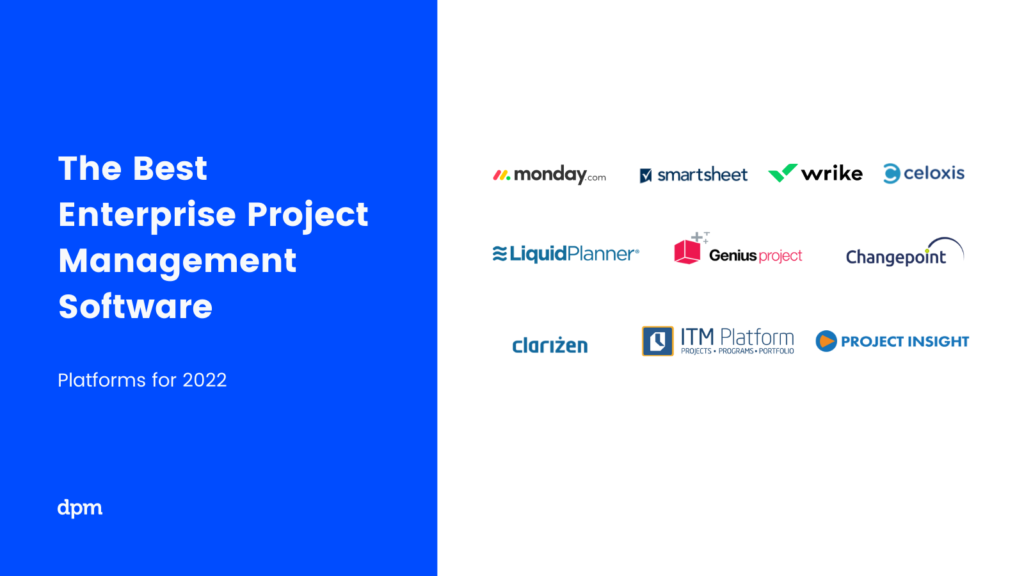
What's Next?
We have more interesting content on enterprise software. From what is enterprise PM software to how to implement an enterprise project framework to standardize processes and streamline project management practices across an organization. And, if you are curious, you can also learn which tools are used in big companies.
If you want to learn more about this and other project management-related topics, subscribe to our Insider Membership newsletter. We share information about upcoming events, webinars, training sessions, and most importantly, fun stories and reflections about our profession.

